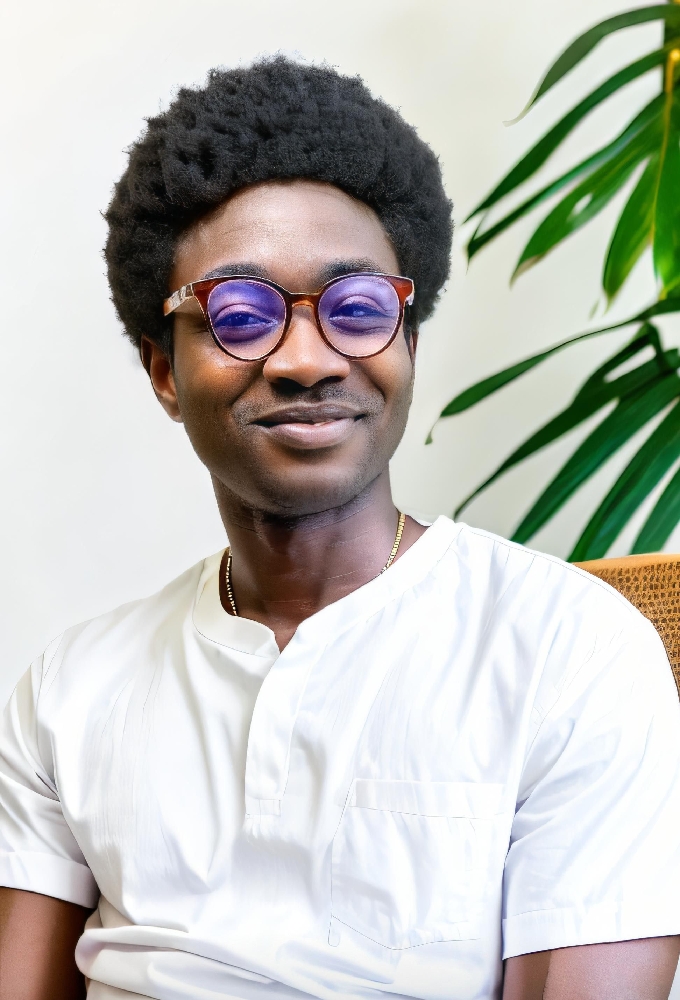
Alade Obafemi
@aladeobafemi
2 years ago
NIGERIA EDUCATION SYSTEM
Education is a liberation from any form of ignorance or poverty. Through this, a society advances in many functions. Education is also the understanding of the past, awareness of the present and the preparation for the future as given by any kind, and receive in love. Education is differently approached by many nations in the world. Nigeria education system drew its strength from the colonial master. Lately, it may not be correctly or suitably utilised for the main purposes. Nigeria education previously followed the 9-3-3 before the present 6-3-3-4. And a change will always have an effect, determined by its aims and objectives. Before any change can be made, there must be optimum evidence of expected achievement unless a huge failure.
Moreover, the system starts its foundation from the primary school, from which a pupil is expected to enroll in the common entrance examination before proceeding to Junior Secondary School. The government has overlooked the part of most parents impatience and the negligence of some teachers, enrolling their pupils or children who are yet to finish their primary school. They are not qualified by age, maturity and preparation. Parents might take a child's brilliancy to maturity, but the two are not the same. Rather, a child needs both for the next level. I equally I acknowledged the efforts and the stand of the Unity School, owned by the government of Ogun State. Who in the past few months announced that a child below age twelve will not be allowed into their Junior Secondary School. And that's an exemplary of "Solid Foundation Builders"..
Furthermore, Junior school education inhabits determinants of the Senior Secondary School. Most students in this category, find learning more difficult with the combination of some subjects such as; Basic science, Basic Technology, Physical and Health Education and Computer. This combination is regarded as BST in the Junior Secondary School. Another combination is PVS; Home Economics and Agricultural science. And more combinations in this current system. Even to that, examination malpractice has infected the Junior Secondary School. The subjects need to be split for proper learning and application. And to alleviate the high rate of examination malpractices in the Nigeria education system.
Moreso, A lot of Nigerian students have chosen wrong careers since there is a tight curriculum in the Junior secondary school and little or no appreciation of the counselling department. How will a student whose ability is in technical or practical drawing know that he or she is to go to the science department? How many schools, especially the government schools still employ practical oriented teachers? Meanwhile, from the Junior secondary school, the students should be able to lay their hands on some practical projects.Through which they may discover themselves.
In addendum, senior secondary school in Nigeria should be more of critical thinking. A secondary school student should be able to display his understanding practically and conveniently. Most students believe that examination is for passing's sake and not seeing other reasons to it This they later find out in the higher institution. Most Nigerian students fail practical than theory because they are not expose to it. In the absence of reality or practical engagement, more knowledge are forfeited. What is hardly seen is rarely expected. Generally, the curriculum should ascertain all round achievement in the assimilation of knowledge. Parents must stop forcing their children into choosing careers.Till now, parents, government, teachers at any level; affect the education system of Nigeria.
©Alade Obafemi Babafemi


